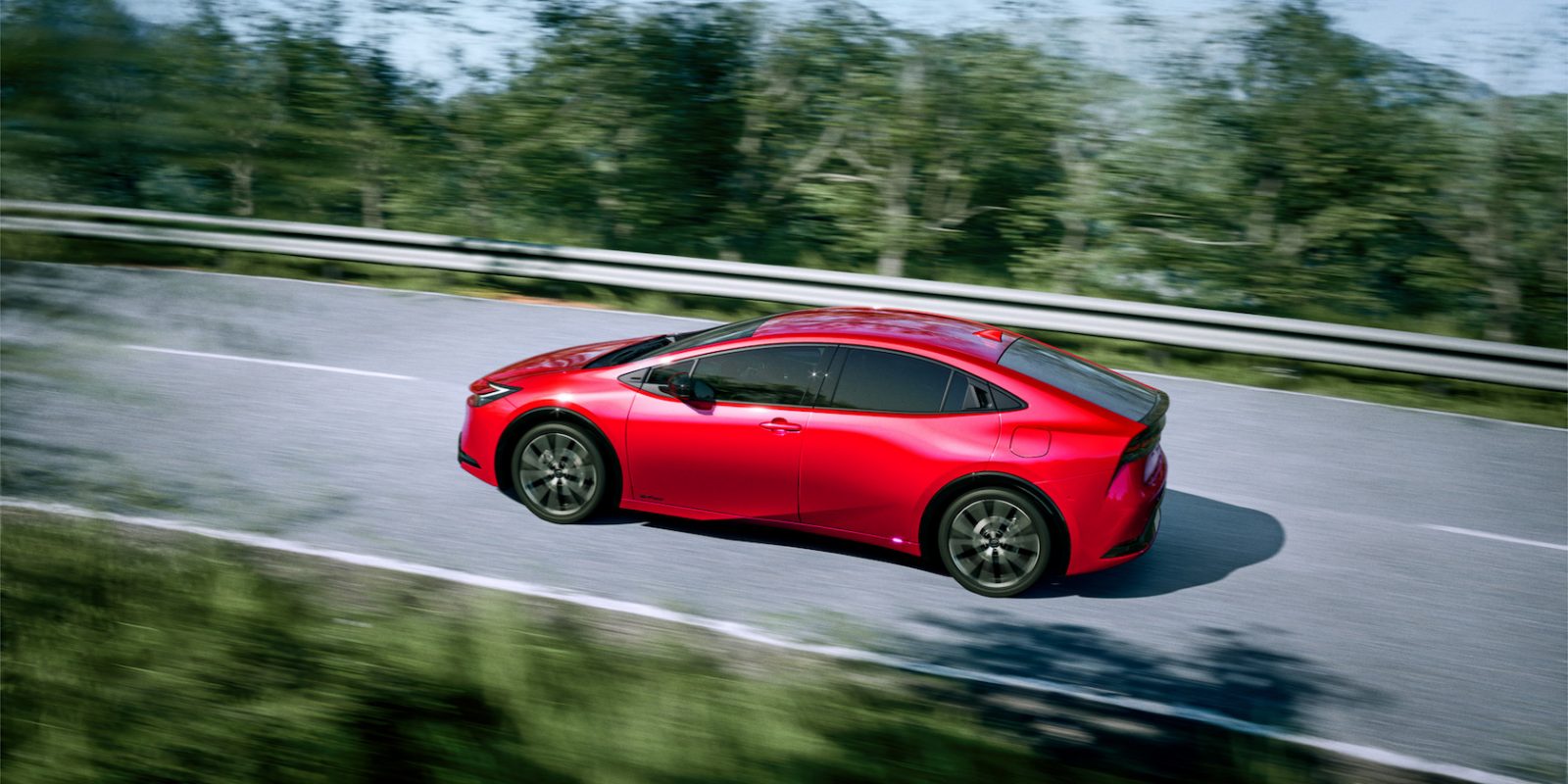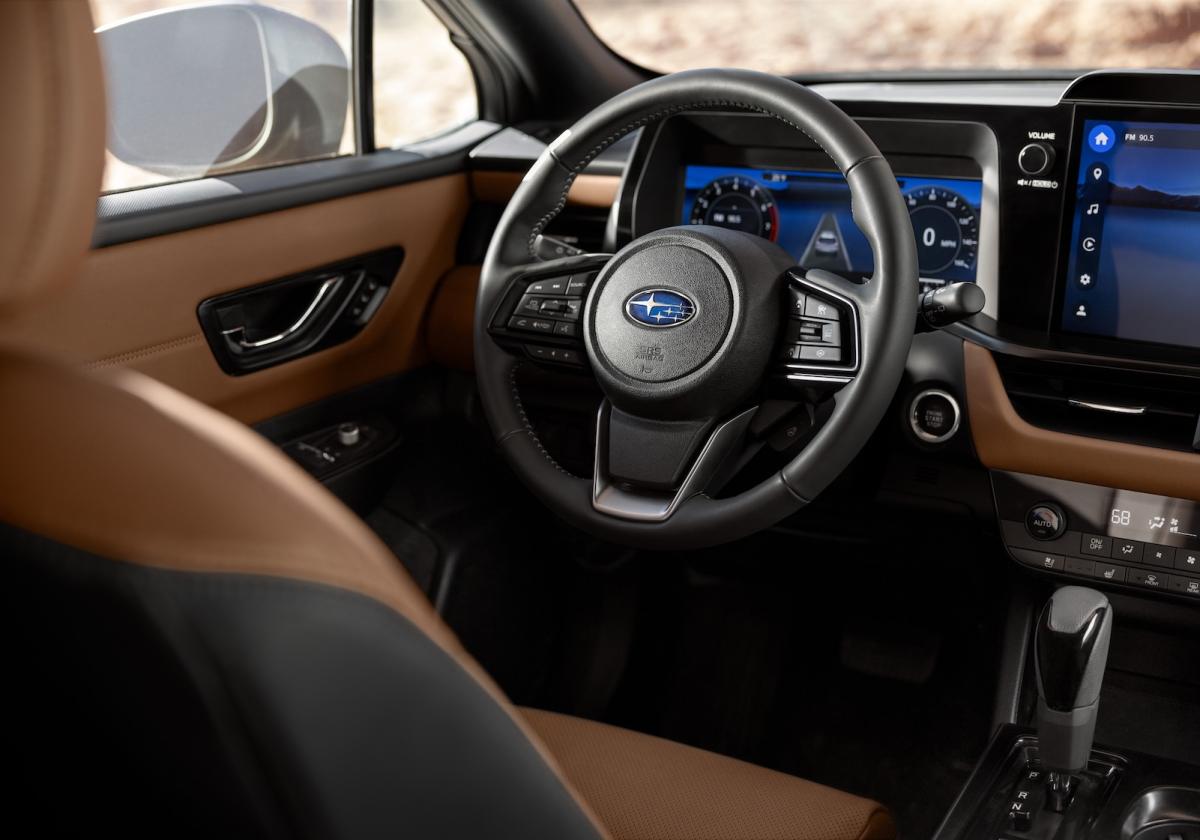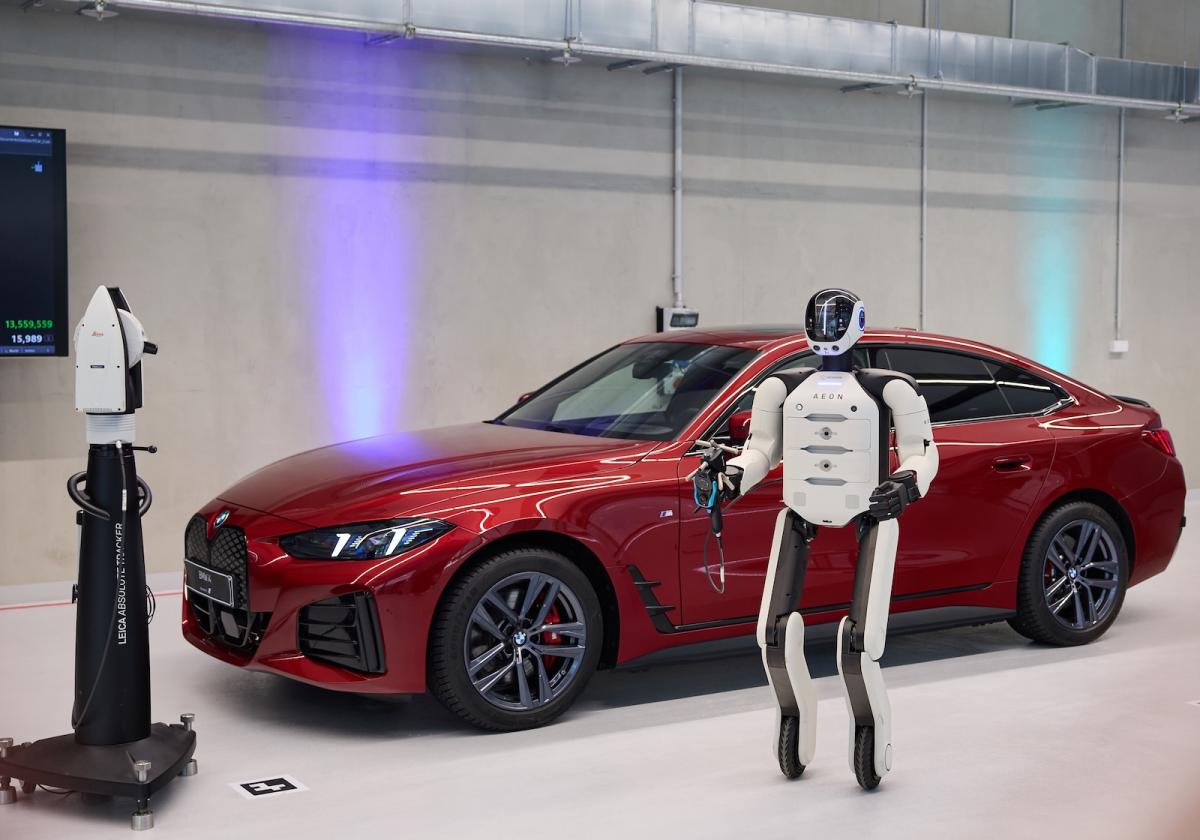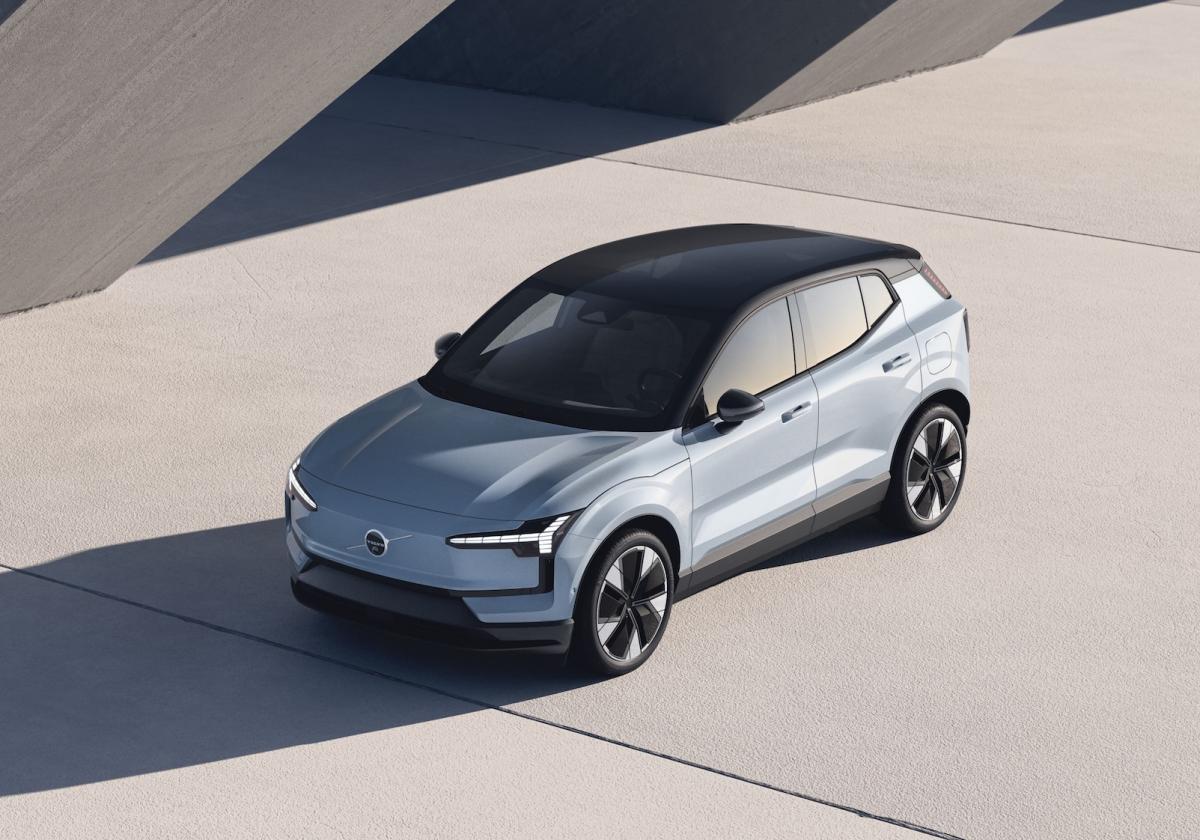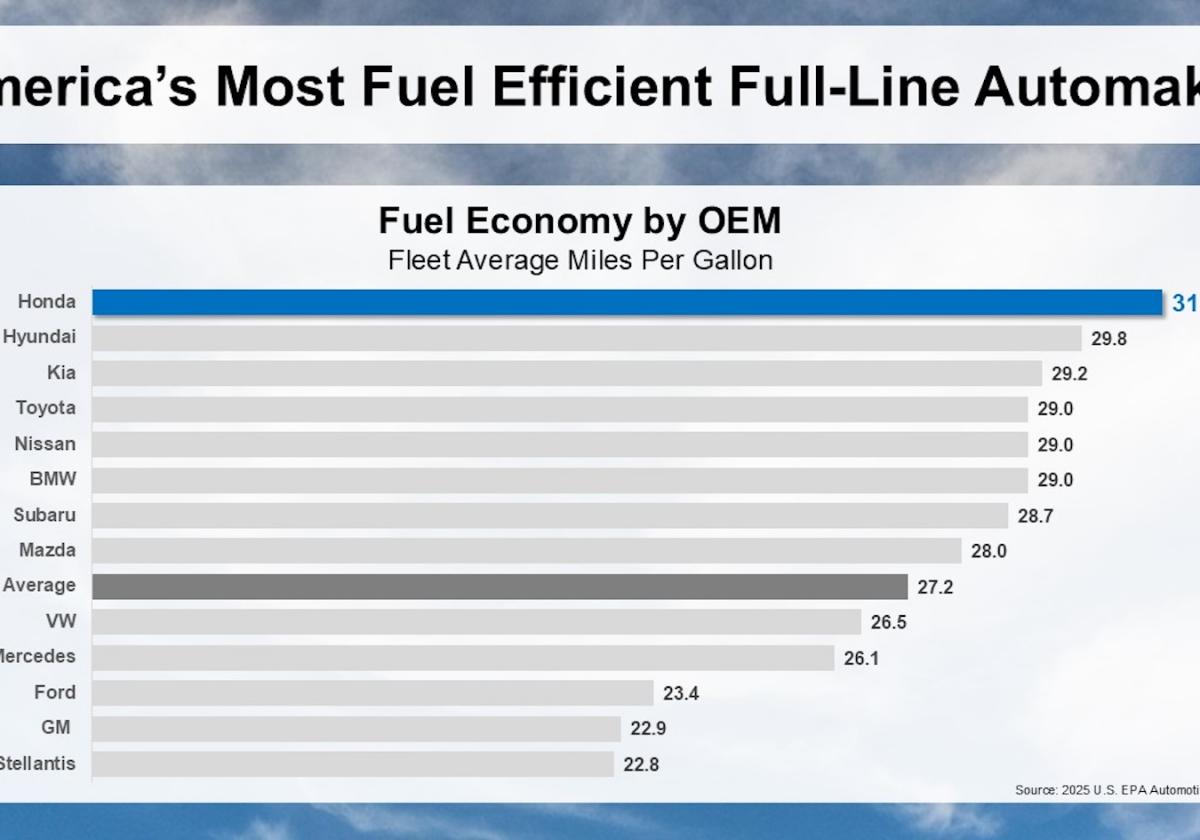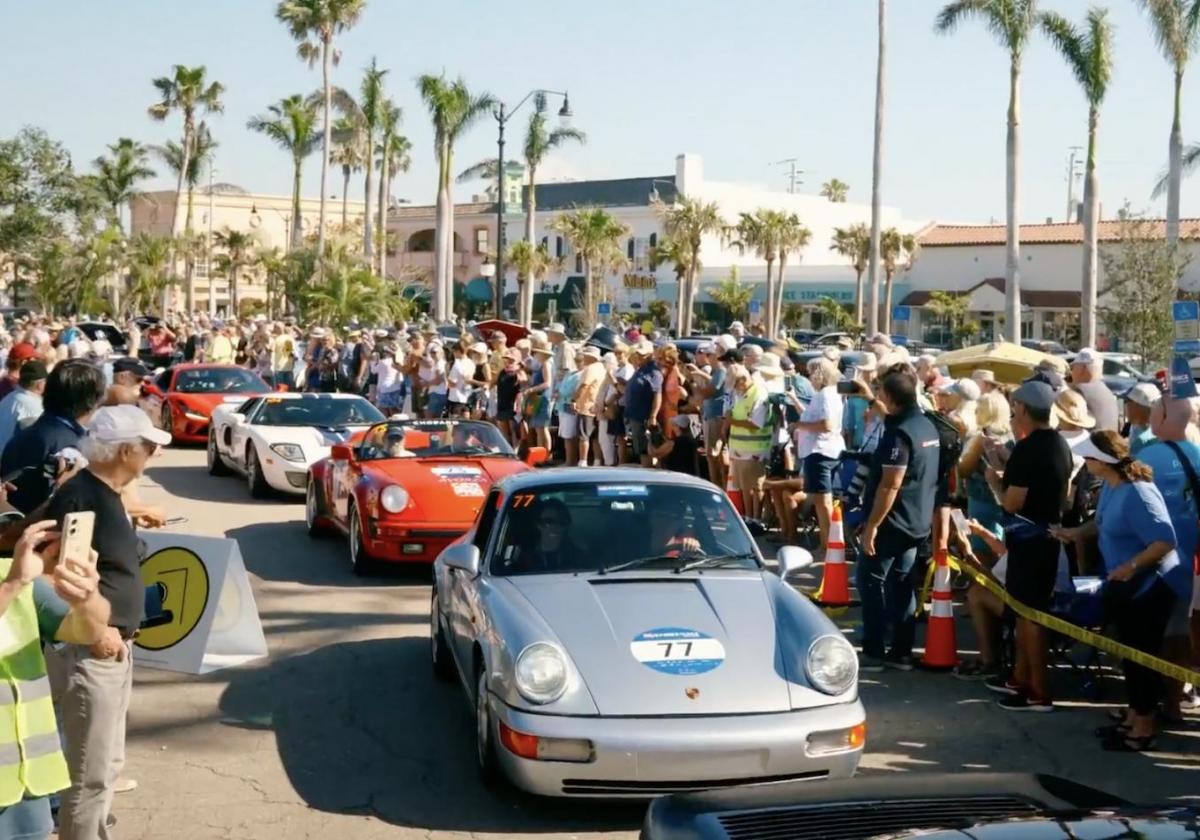Let’s get one thing straight. It’s car buyers, not politicians or carmakers, who will dictate the pace of electric car transition.
No matter how fast or flashy new electric vehicles (EVs) are, many consumers considering the jump from gasoline cars are opting instead for hybrids as they tiptoe toward electrification.
At over $50,000, the average EV is still too expensive for many buyers — and new rules could make it harder to qualify for a federal tax credit. A lack of chargers remains a concern, too.
Most hybrids, which get above-average gas mileage and undercut $40,000 — are a happy medium for many. And that has some carmakers rethinking their product lineups, at least in the short term.
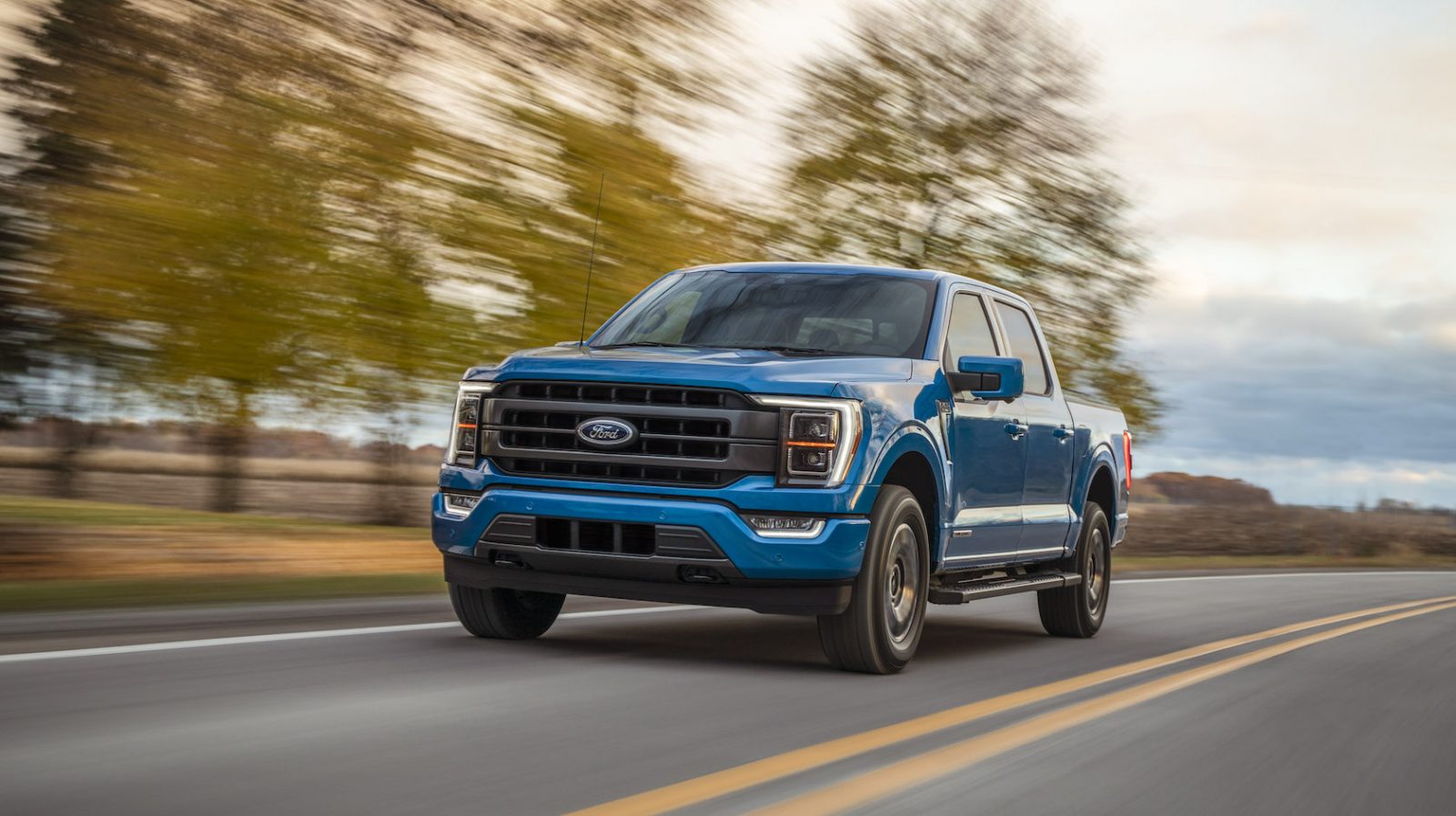
Ford is among the automakers putting a bigger emphasis on hybrids and plug-in hybrids. It’s already among the top three bestselling hybrid brands, behind Toyota and Honda. Its hybrid sales rose 75.2% in November, led by hybrid versions of the Maverick and F-150 pickups.
Ford is now planning to quadruple its hybrid offerings in the next few years, saying it’s clear that consumers want a broader mix of choices.
General Motors, which claims to be “all in” on EVs, is weighing whether to add more hybrids to its lineup, the Detroit News reported.
GM’s CEO Mary Barra weighed in earlier this week when she said, ”We need to meet the customer where they’re at.” She added that GM could use existing hybrid technology to expand its offerings (though she didn’t announce any plans).
Meanwhile, hybrid pioneer Toyota is doubling down on them. Its redesigned Prius, available in both hybrid and plug-in hybrid versions, is turning heads for its handsome styling. And its next generation Camry — the bestselling sedan in the U.S. — will be available only as a hybrid, similar to the Toyota Sienna minivan.
Toyota and its Lexus luxury brand now offer 26 “electrified” models — more than any other carmaker — including the new Toyota Grand Highlander hybrid, the Toyota Corolla Cross hybrid and the Lexus RX plug-in hybrid.
Toyota has long favored a mix of powertrain choices and has even received flack from media and certain public organizations for its reluctance to race too quickly into pure EVs.
“Electrified” vehicles — which of course includes hybrids, plug-in hybrids and battery-electric vehicles — hit a record 17.7% of U.S. car sales during the third quarter of this year, according to the U.S. Energy Information Administration, citing data from Wards Intelligence. A breakout of the data shows about 10% of car sales are hybrids or plug-in hybrids, while 8% are pure EVs.
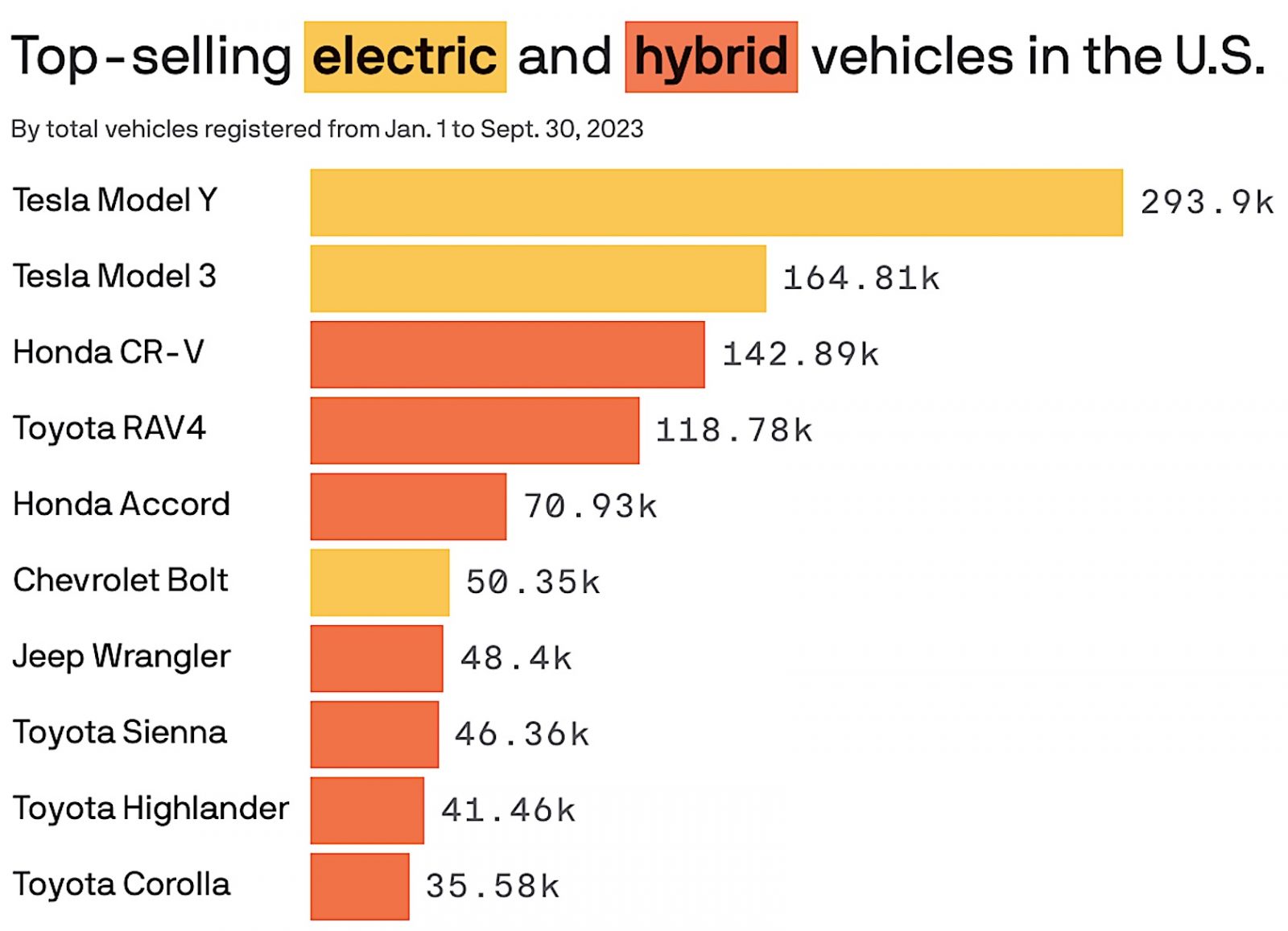
And while EV sales passed the 1 million mark this year (out of roughly 16 million total sales), it’s worth noting that 83% of EVs sold are considered luxury models, with price tags to match. Traditional hybrids are also more reliable than gasoline cars and plug-ins, according to Consumer Reports’ annual reliability survey.
“This is because hybrid technology is now over 25 years old and is offered mainly from the most reliable automakers,” says Jake Fisher, the group’s senior director of auto testing.
Carmakers are stuck in a conundrum as they try to balance regulatory demands with customers’ needs.
To meet emissions targets — which would toughen dramatically under a Biden administration proposal — they need to sell more EVs.
OUR THOUGHTS
Whenever I attend an event for a new EV, I always try to ask the manufacturer if they really feel the majority of buyers are ready, or even considering a switch to EVs. And yes, it can be difficult to get a concrete answer as spokespeople skirt around the issue. But everyday customers are telling them they’re not ready to buy battery-only vehicles. Hybrids are turning out to be exactly what was expected: a bridge technology to pure EVs.

